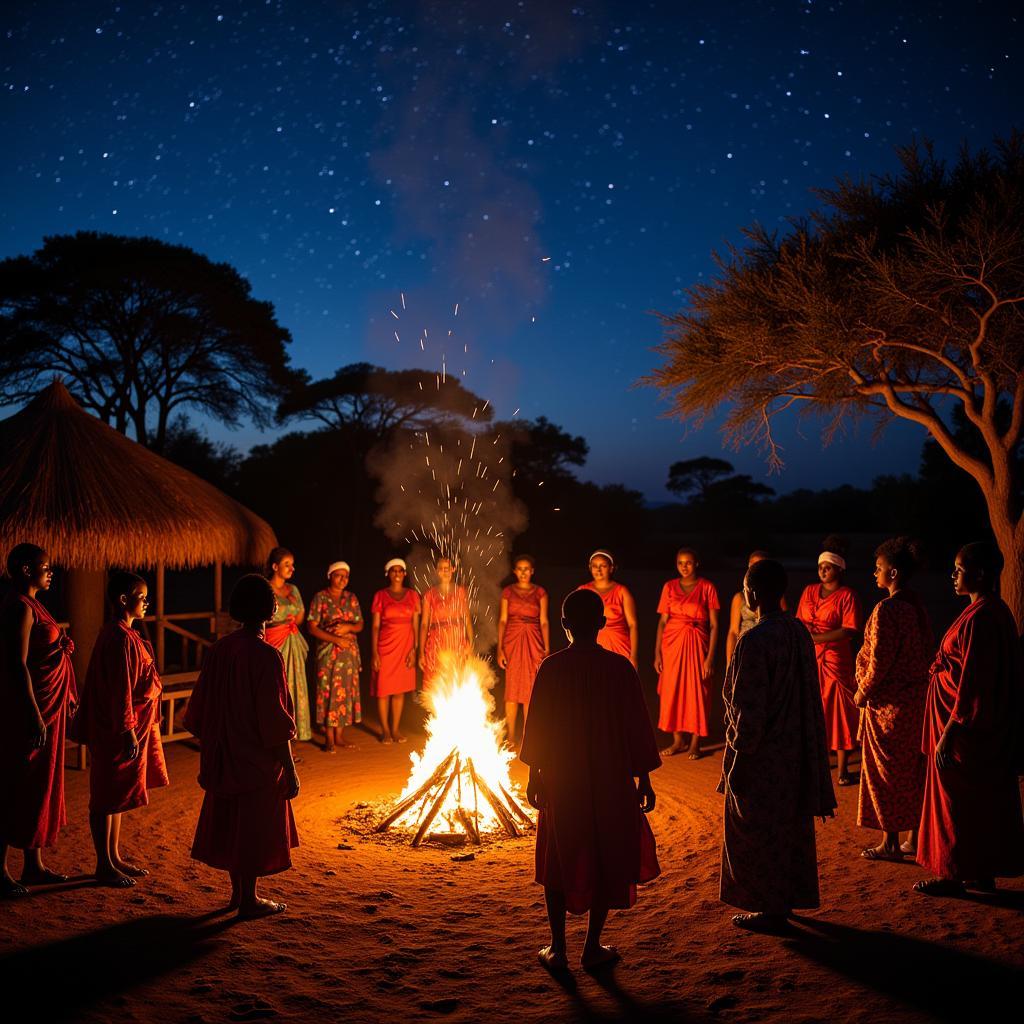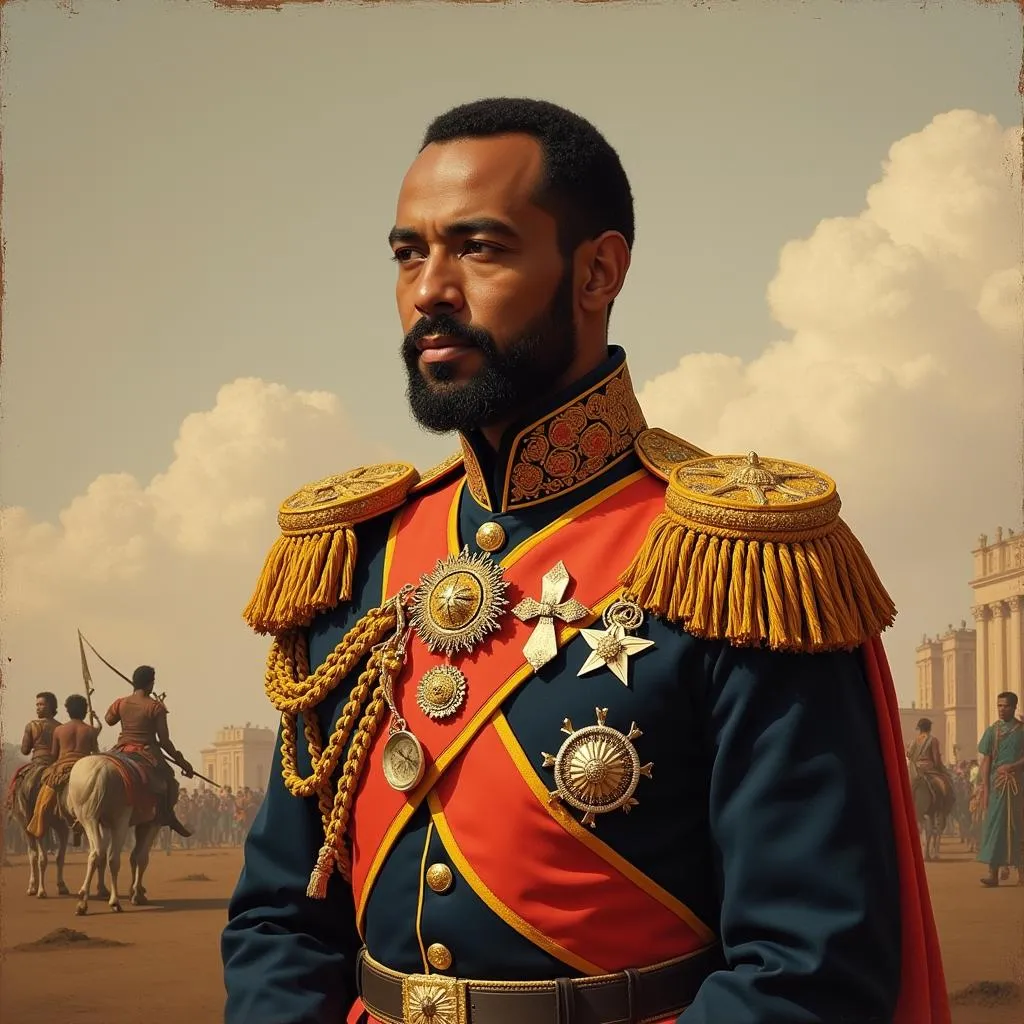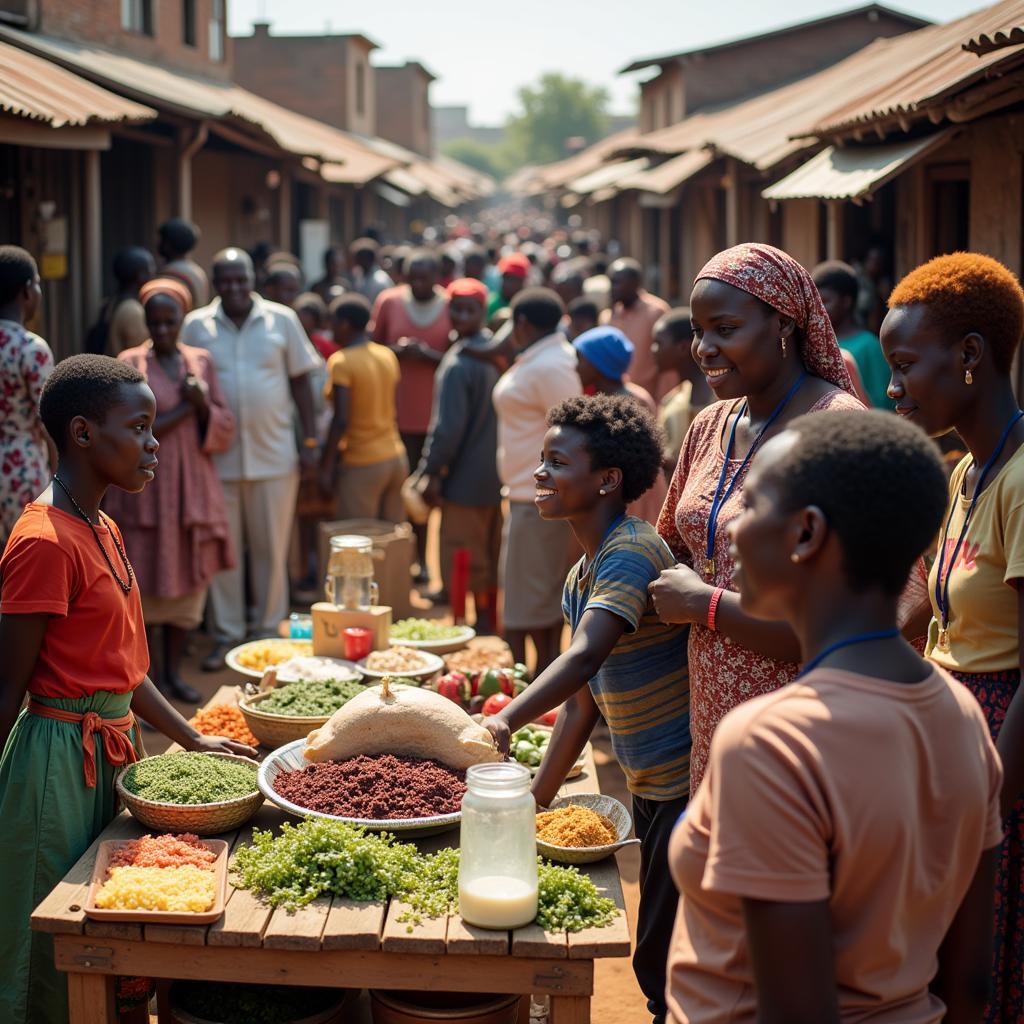African Funny Wedding Dances: A Celebration of Joy and Tradition
African weddings are renowned for their vibrant atmosphere, colorful attire, and, of course, the infectious energy of the dancing. While the specific traditions and dances vary widely across the continent’s diverse cultures, one thing remains constant: the sheer joy and exuberance that radiate from the dance floor.
From the rhythmic movements of traditional dances to the modern twists on popular tunes, African wedding dances are a testament to the continent’s rich cultural heritage and the spirit of community that binds its people.
Unveiling the Laughter and Love
Imagine a wedding where guests are not just observing the ceremony, but actively participating in the celebration through a tapestry of laughter, rhythmic movements, and captivating music. This is the essence of African wedding dances. These dances are not just about showcasing steps; they are a form of storytelling, a way to express emotions, and a celebration of the newly married couple’s journey together.
Dances From Across the Continent
The beauty of African wedding dances lies in their diversity. Every region, tribe, and ethnic group has its unique dance styles that have been passed down through generations.
Here are a few examples of popular African wedding dances:
- Gnawa (Morocco): This trance-inducing dance involves rhythmic drumming and chanting, often incorporating traditional instruments like the krakeb (metal castanets).
- Samba (Brazil): While not strictly African, Samba dances are deeply influenced by African rhythms and are a staple at weddings in many parts of the continent, particularly in countries with a strong Portuguese influence.
- Soukous (Central Africa): This high-energy dance features a combination of Latin and Congolese influences, with fast-paced movements and infectious melodies.
- Kizomba (Angola): This romantic and sensual dance is characterized by its close embrace and slow, fluid movements.
- Azonto (Ghana): A modern dance style that emerged in Ghana, Azonto is known for its energetic and playful steps, often involving intricate footwork and hand gestures.
More Than Just Steps: The Meaning Behind the Movements
While the steps themselves are captivating, what truly sets African wedding dances apart is their cultural significance. Each movement, each gesture, and each song tells a story, reflecting the values, beliefs, and traditions of the community.
For example, the “Adowa” dance in Ghana is traditionally performed by women, and its movements symbolize the interconnectedness of life and the importance of family unity.
A Celebration of Life and Love
African wedding dances are more than just entertainment; they are a powerful expression of the joy, love, and unity that are central to the African spirit. They serve as a reminder of the importance of community, the strength of tradition, and the enduring power of love.
Here is what a renowned cultural expert, Dr. Amina Ba, has to say about the significance of African wedding dances:
“African wedding dances are not just about the steps; they are a celebration of life itself. They are a testament to the richness and diversity of our cultures, and a reminder that we are all connected through our shared humanity.”
FAQ
1. What is the most popular African wedding dance?
There isn’t one single “most popular” dance as the preferred style varies widely by region and cultural group. However, some of the most widely recognized and enjoyed dances include the Soukous, the Samba, and the Azonto.
2. Are African wedding dances difficult to learn?
Many dances are easy to pick up with a little practice. Others may require some lessons or guidance from a professional dance instructor.
3. What is the best way to learn about African wedding dances?
You can find information online, attend cultural events, or take dance classes to learn about different African wedding dance styles.
4. Are African wedding dances appropriate for all ages?
Absolutely! Wedding dances are designed to be inclusive, and everyone, regardless of age, is encouraged to participate.
5. Is it important to be from Africa to enjoy an African wedding dance?
Not at all! African wedding dances are a universal celebration of love and joy. Anyone can appreciate their beauty, energy, and cultural significance.
6. What are some tips for dancing at an African wedding?
The most important tip is to relax and have fun! Be open to learning new steps, don’t be afraid to move your body, and feel the rhythm.
Join the Celebration
Next time you have the opportunity to attend an African wedding, don’t hesitate to join the dance floor. You’ll be welcomed with open arms, contagious energy, and the infectious joy of celebrating love and community.


